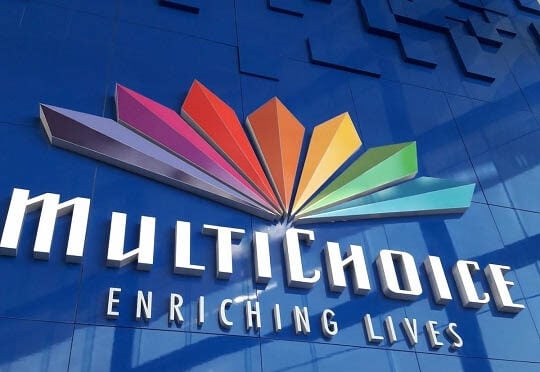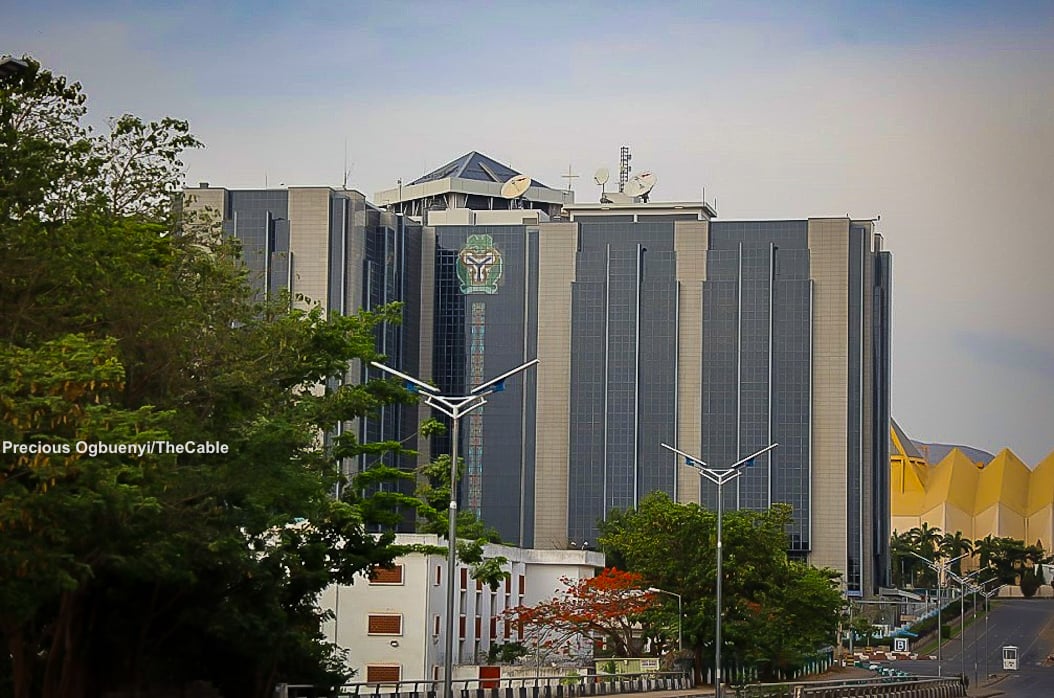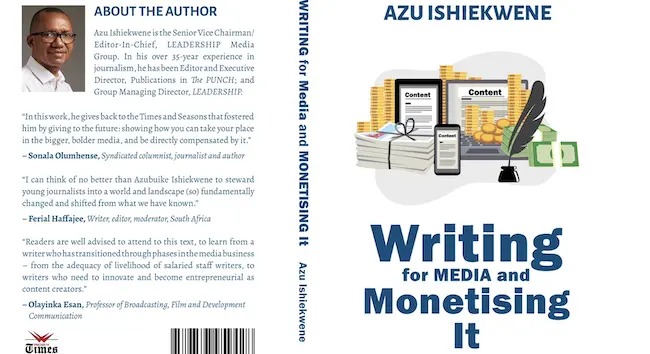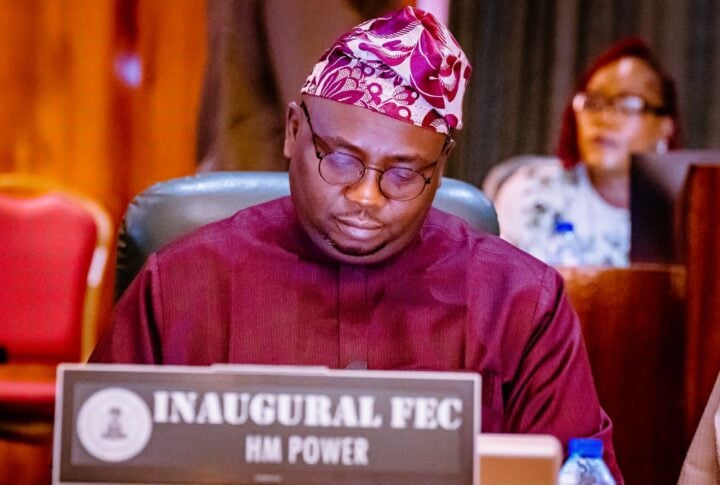There has been a swirl of news around Multichoice lately. On one hand, Canal+, the Vivendi owned French pay TV giant, has made a hefty $2.9bn offer to buy the South African headquartered Multichoice, which has operations across Africa. Big money at play, you may want to say. On the other hand, Multichoice Nigeria, which is part of the package that may soon go to Canal+, has been in the news for reasons not too pleasurable but has nothing to do with nasty business.
Fighting to remain in business in NigerIa, Multichoice has recently raised subscription costs across its various bouquets, a development that many of its subscribers have found difficult to accept. In fact, as I write this Monday evening, there was a news break that the increase has been put in abeyance by a Competition and Consumer Protection Tribunal (CCPT) sitting in Abuja.
The tribunal, headed by Saratu Shafii, gave the ruling following an ex-parte motion moved by Ejiro Awaritoma on behalf of his client, Festus Onifade. The Federal Competition and Consumer Protection Council (FCCPC) is joined in the case as a defendant, interestingly.
The move by Canal+ (my friend, Ikuforoji, the broadcaster in the Republic of Benin, calls it Canal Pluuh) doesn’t come as a surprise. Since 2020, Canal+ has maintained a steady presence and interest in Multichoice, increasing its stakes from 20.1 percent to 35.1 percent in February 2023, taking it to the threshold required by South African Law for it to make a mandatory offer to Multichoice shareholders.
In broadcasting money talks always, with operators and competitors pursuing each other in mega mergers that can give them a good advantage in the local and international market. Oh, just look at the deal between CNN and media behemoth, Warner Bros, Discovery, Inc. Multichoice shareholders may not be able to resist the cash being dangled before them. But there is no doubt that when the deal is consummated, a new level of competition will hit subscription TV business on the continent. Vivendi, the holding company for Canal+, is huge and has abundant capacity to unleash competition at whatever level.
Advertisement
Multichoice Nigeria may be a beneficiary of that competition, but at the moment, there is that urgent matter of surviving the rough business terrain of the country which happens to be one of its biggest markets in Africa.
So, within five months, Multichoice has raised subscription twice. For instance, the Premium package which used to hover around N23, 000, was raised to N29, 500 before hitting the zenith of N37, 000, well above the nation’s minimum wage of N30, 000 which came into effect in April 2018. All the packages on the DSTV and GOTV have thus been affected, with even the small packages of Jolli and Smallie (direct equivalent of I better pass my neighbour generator) rising from N3,950 to N4,850 and from N1,300 to N1,575, respectively.
This is crunch time in Nigeria. Multichoice says this development is occasioned by the rise in the cost of business operations in Nigeria.
Advertisement
Also speaking on television, Dr Adamu Abdullahi, acting Executive Vice Chairman of FCCPC confirmed that his organisation was in receipt of a four-page document from Multichoice, where the organisation stated reasons responsible for subscription hike.
“At a glance, we saw things like the cost of electricity, running generators, the cost of dollars for spare parts and so on. We’ll go through these items individually and find out how they have affected their operations,” Abdullahi promised.
He also pledged to involve relevant regulatory bodies like the National Broadcasting Commission (NBC) and the Nigerian Communications Commission (NCC).
Let me try and set things straight here. The NBC is regulating the broadcast industry and not the NCC which handles the telecoms industry. The price increase is a business decision and not regulatory. In addition while the NCC can make price determination for the telecoms industry and, a process is on currently, the NBC cannot do that for the broadcast industry which is not insulated from the uncertainties that have befallen the media sector in recent years.
Advertisement
It is encouraging that the FCCPC has promised to look into the matter, perhaps in response to sundry calls for the agency to take a determined position that can support the wishes of subscribers. But how far can it go? In the current situation in Nigeria, the organisation which should be on top of competition in the country, is the one getting beleaguered, ironically.
This is crunch time in Nigeria. Food inflation is flying and food prices have also developed wings rendering it impossible for many families to rustle a standard meal a day. The cost of medication is crippling, only grimly illustrated by the number of simple deaths happening around the nation, preventable deaths becoming a final call, unfortunately. Fuel queues have returned with a vengeance and nobody is actually sure how much a litre costs. I was at one filling station on Tuesday morning. A guy in front filled his tank and made a transfer with the POS machine. Or so he did pretentiously. While the manager was still trying to confirm payment, the fellow zoomed off with so much speed that only God prevented a tragedy. A pursuit ended in failure. That’s where we are right now, a dangerous impasse which calls for understanding. So, how much can the FCCPC do, without being choked by problems that have accumulated over the years?
As I was trying to put this material to bed, Yemisi Bamgbose, BON Executive Secretary, responded to the television interview by FCCPC’s Abdulahi.
“I would have given FCCPC a thumbs up if they had been intervening on price matters, most especially those that have direct bearing on the livelihood of the masses.
Advertisement
“If the mandate of FCCPC includes price control of goods and services in a free and deregulated economy, where was the organisation when Bakers Association in the country increased the cost of a loaf of bread more than 200% in the last one year.
“I doubt if FCCPC was aware that a sachet of pure water has been increased from Five Naira to Twenty Naira in the last one year. Is the organisation on vacation,” Bamgbose queried.
Advertisement
But this is talking about Nigerians on the street. As I say always, Multichoice, through DSTV and GOTV, offers bespoke products, designed for the big boys in the society or even pretenders to some reasonable level of good life. Multichoice doesn’t offer life sustaining products like bread and water.
But this is still crunch time in Nigeria. We all need to be clear-headed and reasonable in dealing with the situation. Even with all the powers available to FCCPC, I will want to point out that Multichoice is running a private business and it’s submissions should be considered dispassionately.
Advertisement
Granted that two price increases in five months is near ludicrous, I will want to suggest that the authorities should be careful and deliberate when they deal with businesses. Instead of embarking on unnecessary stone-throwing and name-calling, it will be a mark of sincerity for the government to confess the true situation in Nigeria in their discussions with the corporates and present genuine action plans and timelines within which to mitigate the headache confronting everyone, including businesses.
Look at it this way. President Bola Tinubu is flying round the world pleading with investors to take another look at Nigeria as an investment destination with notable capacity to make good returns on investment. Yet multinationals that have operated here for decades are leaving in droves. They gave the same reasons like Multichoice which is handling the situation differently instead of taking a scram.
Advertisement
Reality and propaganda can hardly coexist without one doing damage to the other. Propaganda is a cheap commodity but I will appeal to those in authority at various levels to deal more with reality so that we can develop the right responses to the problems confronting us as a nation. Dealing with reality will compel us to listen to businesses when they speak.
Views expressed by contributors are strictly personal and not of TheCable.
Add a comment







